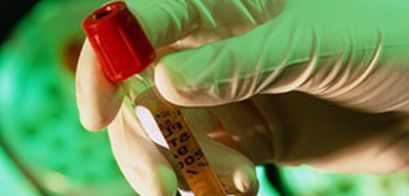General information
- Project partners:
- German Sport University Cologne/Univ. Prof. Heiko Strüder
- Russian Research Institute of Sport and Physical Education/Dr Marina Timofeeva
- Project period: The project was completed in December 2011
The scientists of the German-Russian team were able to show that both acute and chronic physical exercise lead to changes in the perception of time. This means that an improvement in “timing” functions and subjective mental state in later life as a result of physical activity can be attributed, to a certain extent, to changes in the perception of time. Investigations were also conducted into the effects of physical training on the attention of fit and unfit people. When compared with their unfit counterparts, fit people demonstrated modified brain activity according to this study. This benefitted attention processes.
In conclusion, both studies would suggest that physical activity is able to improve cognitive skills and attention processes. This can mean, for example, that for patients in the early stages of dementia, physical activity can be used to combat the progression of the illness.










